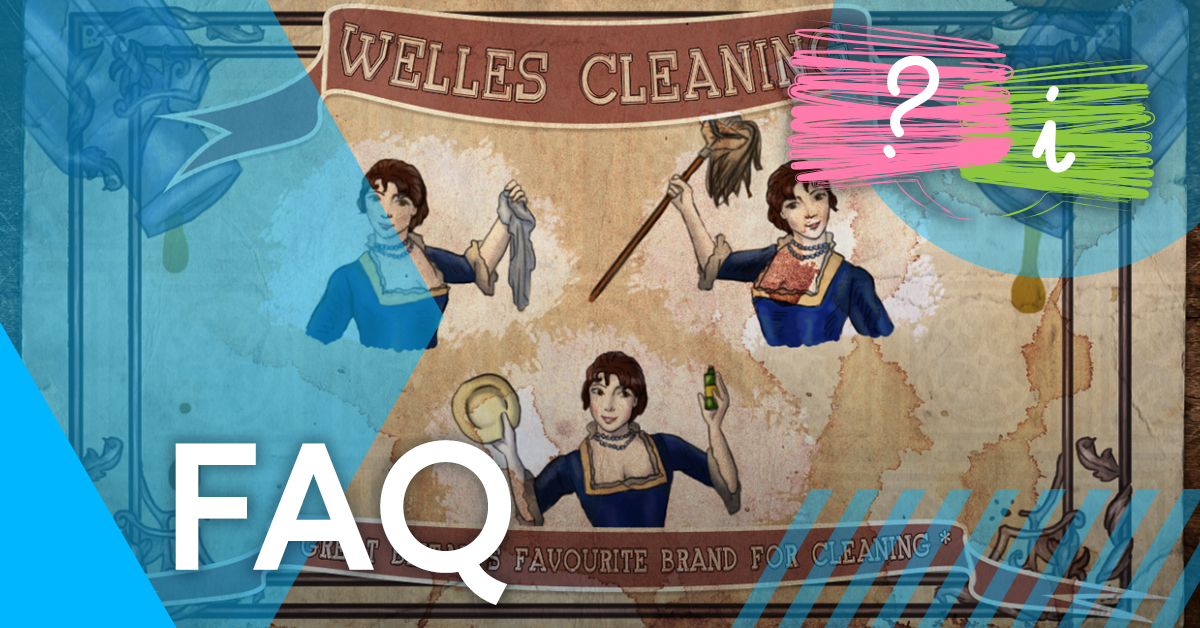World Autism Awareness Day
Posted 1 year ago

World Autism Awareness Day is an awareness campaign that takes place on the 2 April that is designed to help raise awareness of people with autism and how we can better support them.
In the UK, roughly 1 in every 100 people are on the autism spectrum. So, chances are that you know at least one person with autism. With that being said, it’s crucial that we take the time to try and gain a better understanding of what autism is and what actions we can take to support people with autism.
What is autism?
Autism is a neurodevelopmental condition that’s brought on by differences in the brain. This can mean that autistic people behave, communicate, interact, or learn in ways that can be different from the majority of people.
The medical term for autism is Autism Spectrum Disorder (ASD), and another more neutral term is Autism Spectrum Condition (ASC).
It’s important to remember that each human brain is wired differently, and we all interpret information in our daily lives in a number of ways. There are many social cues, regulations and practices that society expects us to follow and for autistic people, it can be a frustrating world; one where these rules seem to change all the time.
Imagine placing a DVD into a CD player. Even if the disc fits, the system that reads the information doesn’t have the necessary hardware to process it correctly. Similarly, ASC affects how some types of information are processed by the brain.
This might present itself as someone having trouble predicting and understanding how others will act; or even other social interaction challenges, such as finding it difficult to interpret certain facial expressions.
So, it’s really important that autistic people have access to the right support that helps them to better understand the world around them.
To illustrate this in a very basic way, imagine two people are standing in front of you, but you’re not able to see their faces. Imagine they had both asked you ‘what are you doing?’. Although this seems like a very normal question, as you’re not able to read their facial expressions, you can’t understand the meaning behind it.
If we now reveal these faces, you may understand that the person on the left has asked the question in a rather aggressive way, whereas the person on the right has asked out of intrigue.
A key part of non-verbal communication is being able to read people’s faces. As autistic people often can’t figure out what a face is telling them, they may only get half of the story.
But this is just one example of a social challenge that someone may face, another might be difficulty understanding tone of voice, for example.
Autism is a lifelong condition, and children who have been diagnosed with ASC grow into adolescents who may have difficulty forming and maintaining friendships, communicating with peers and adults, or understanding the behaviours that are expected of them at school or at work.
Because of this, autism can make life harder for some people. Different ways of understanding social situations and relationships, as well as often being misunderstood or not readily accepted, can all increase the chances of autistic individuals developing anxiety and depression.
It’s also important to note that attention deficit/hyperactivity disorder, or ADHD, can often co-occur with autism as a result of other differences in the brain.
Autism Awareness Training
By helping your staff to understand autism, you are creating a workplace that is more inclusive. This will allow your businesses to attract a wider pool of talent, create a more diverse workspace, and improve workplace wellbeing.
Here at iHasco, we offer an Autism Awareness Training course that is suitable for all workplaces and all levels of employees. The course covers the definition of autism, its impact, and what support can be offered to those with autism.
Interested in learning more? Claim you free, no-obligation trial to the course today! Alternatively, you can request a bespoke quote and one of our experts will be in touch to discuss your training needs.

Jack Rosier
Senior Marketing Executive
Related articles



Opt-in to our newsletter
Receive industry news & offers